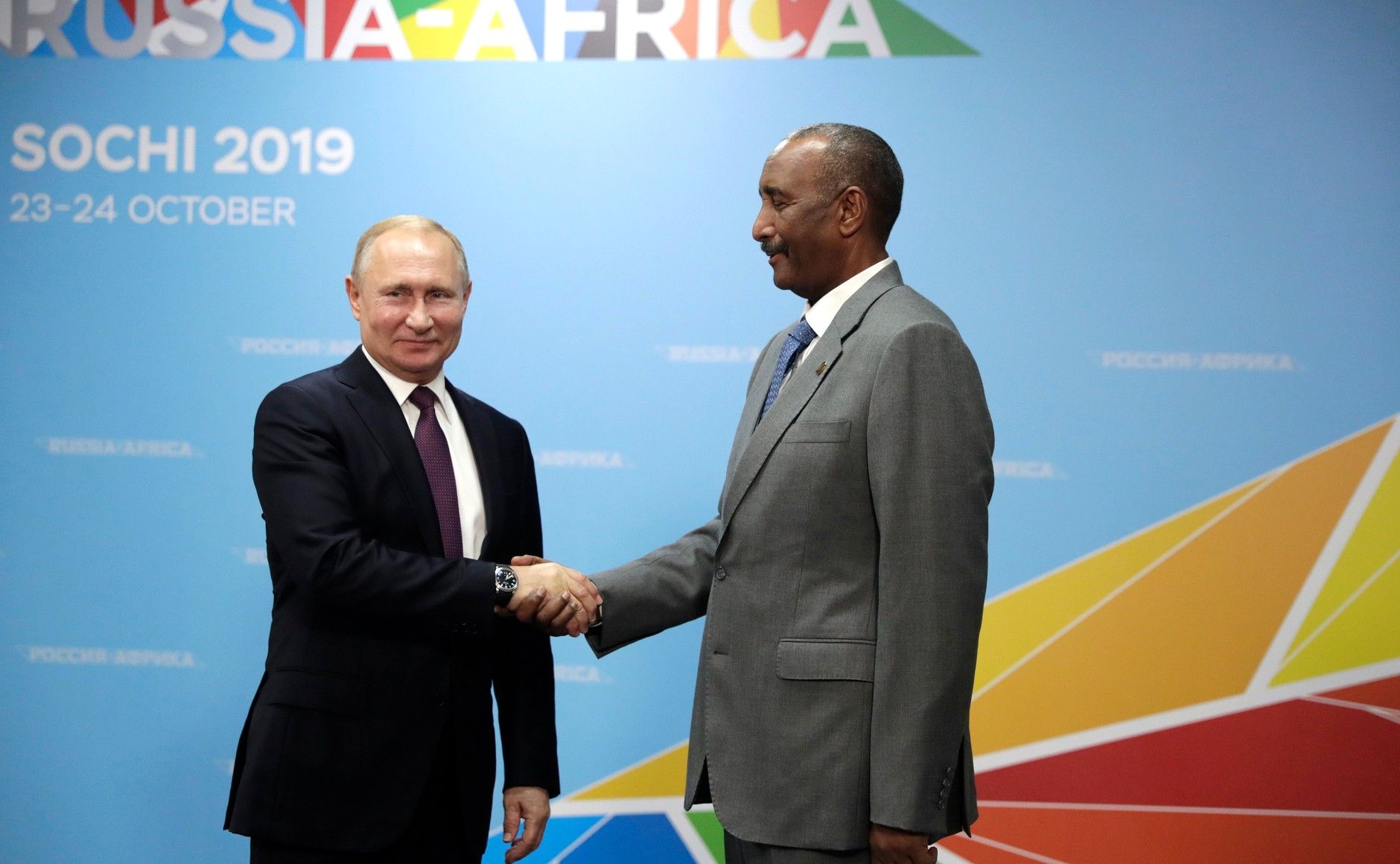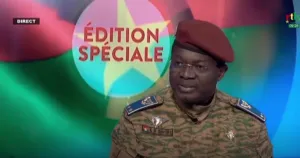Over the last 18 months, a string of coups has plagued the African region of Sahel: an area stretching east-west across the country along the southern edge of the Sahara desert. We’ve written about the recent one in Sudan, but Mali has seen two and Chad one as well.
Burkina Faso, a neighbor of Mali, has also fallen prey to this bout of instability. Unfortunately, Burkina Faso is moderately democratic and liberalized—especially compared to Mali, Chad, and Sudan—marking the military takeover as a sad failure of the democratization that began in 2015.
A number of different outlets and commentators have tried their hand at explaining this instability in Burkina Faso, to varyingly convincing degrees.
According to NPR, for example, the coup is the fault of international institutions and regional organizations. NPR’s East Africa correspondent argued yesterday that lukewarm reactions from the African Union and United Nations to other recent coups in the region set an example that such destabilizing behavior would go unpunished. They cite a security analyst to back up their explanation, although oddly enough the quote they provide from him says something entirely different.
Declan Walsh at The New York Times, meanwhile, makes a similar suggestion. He raises the possibility that the instability is France’s fault. France once colonized a region encompassing Burkina Faso and today has a force of around 5,000 soldiers in the Sahel region combatting terrorism. According to this explanation, France has failed to curb the violence effectively, undermining the legitimacy of the Burkinabé government.
It’s true that there seems to be an international environment more permissive of coups today, and that’s certainly lowered the perceived costs for would-be coup-makers. We wrote about that a while ago, regarding Sudan. And it’s also without a doubt that neither France nor its European coalition partners have brought peace to the deeply troubled region. But while both of these explanations address a contributing factor, both fail to hit at the root of what’s going on in the country.
The much simpler explanation is not that the politics of Burkina Faso revolve around what Europe or the UN does. Local conditions matter. And the local reality is that the country is suffering from terrible instability as a result of Islamic State and al-Qaeda terrorist activity. After all, that’s why France and others have troops there.
The Burkinabé government was not overthrown due to the incompetence of France or the UN but the incompetence of the Burkinabé government, which simply could not provide peace and security to its people. Democracy or not, that’s the prerequisite for legitimacy. And that’s why so many people in the country are celebrating the coup: a promise that finally someone will protect them.
In 2014 the Burkinabé people triumphantly tossed out a dictator of nearly thirty years and held their first free elections. While it’s true that mature liberal democracy, with its myriad counterbalancing institutions, can be remarkably solid and resilient, even in the face of terror or regional instability, the fledgling Burkinabé democracy has not had the peace to put down good roots. Over time its leaders have failed, whether for fault of their own or not, to justify democracy.
Subscribe to Spectacles



Comments
Join the conversation